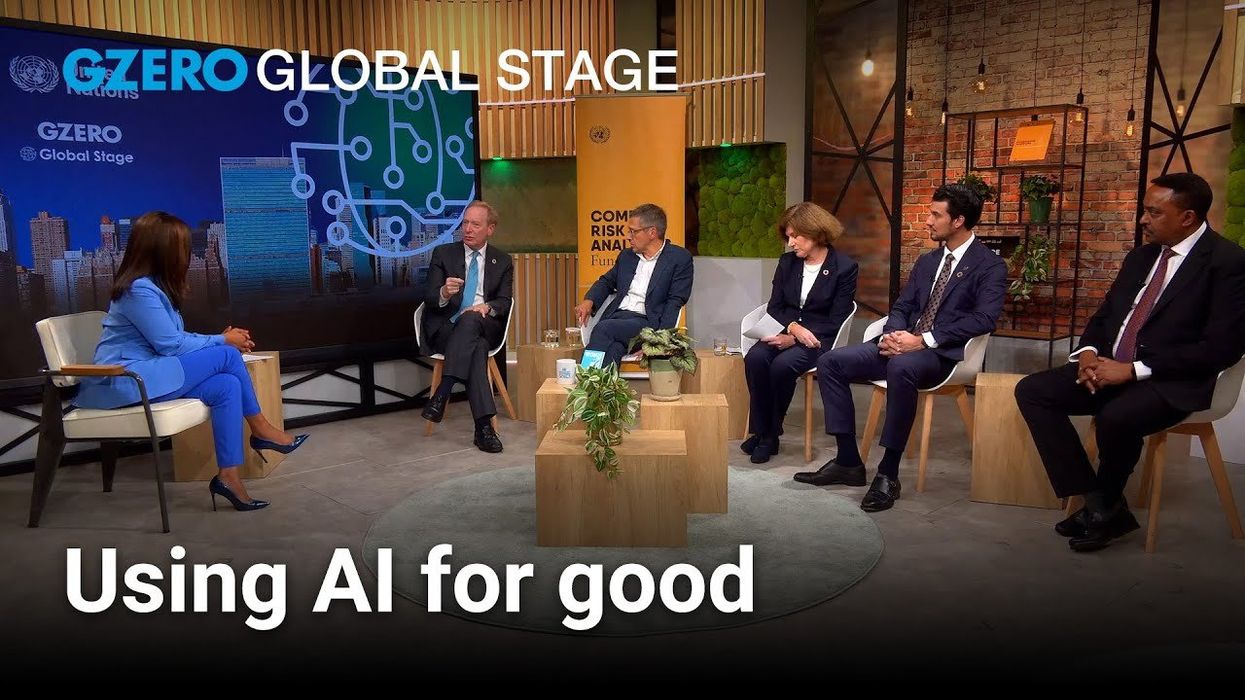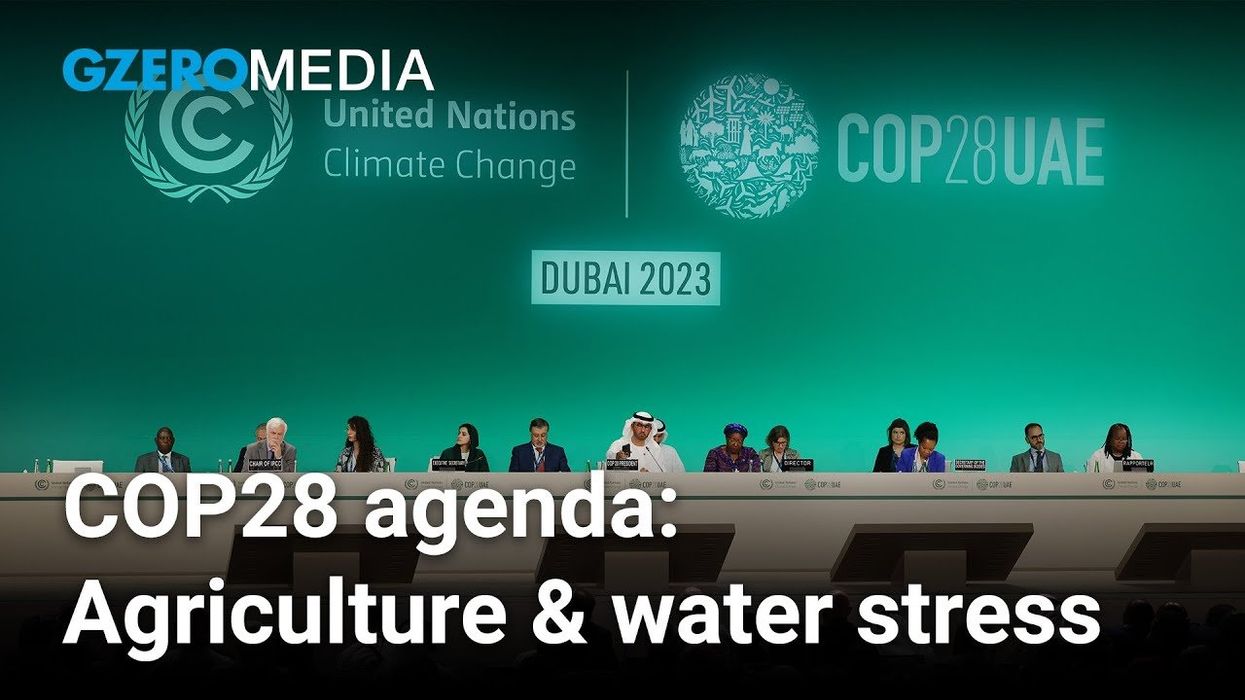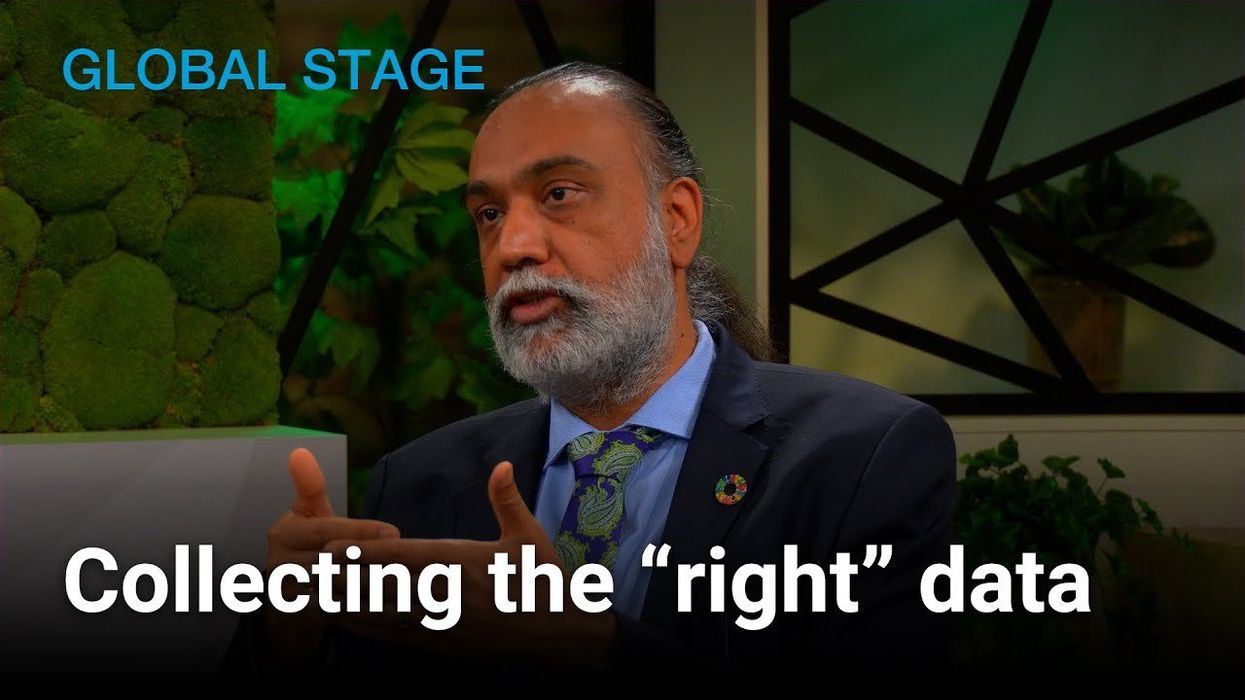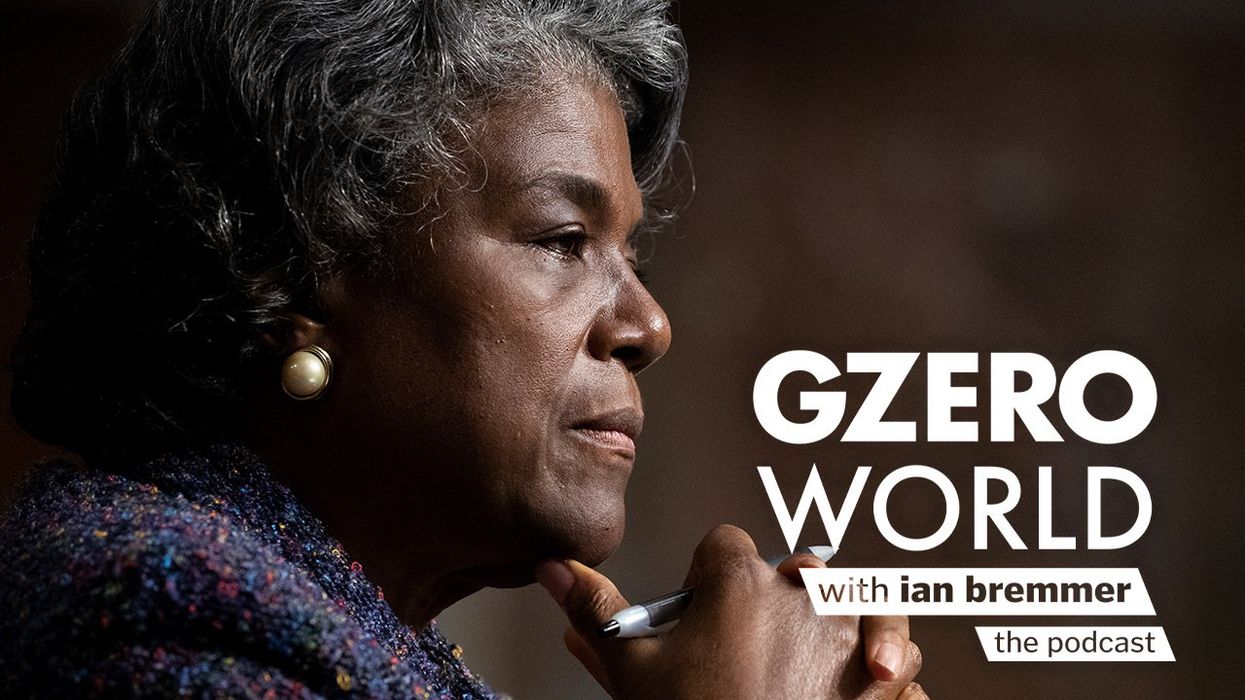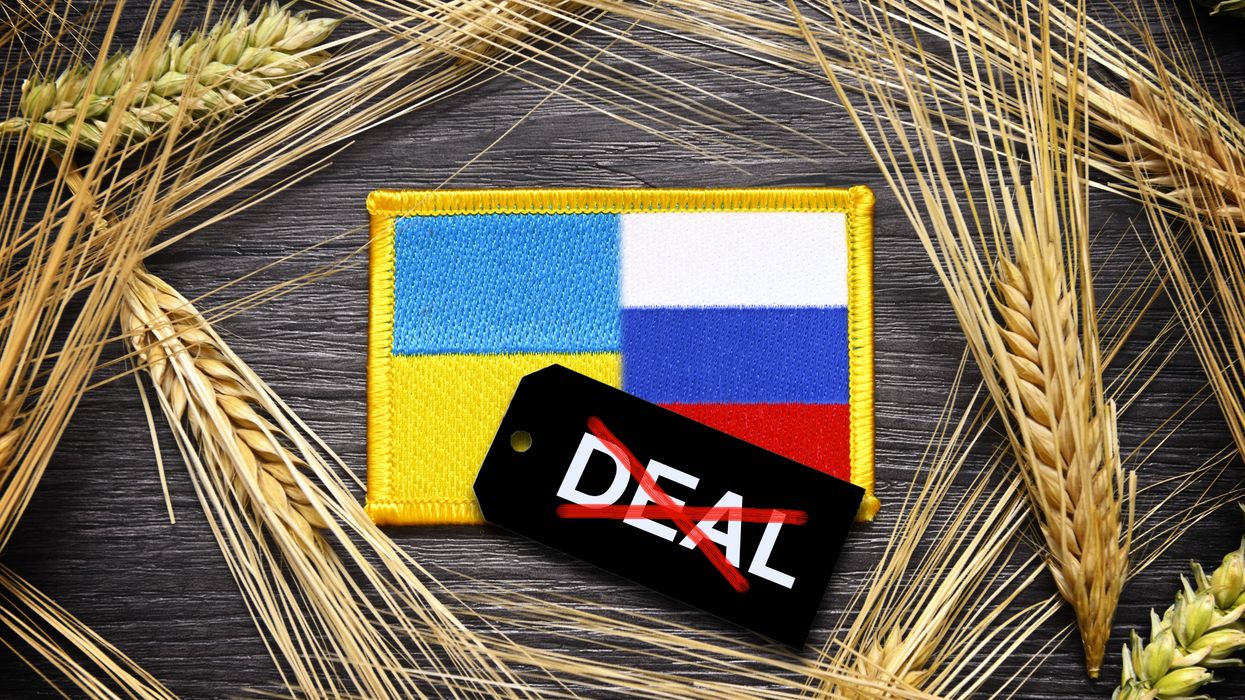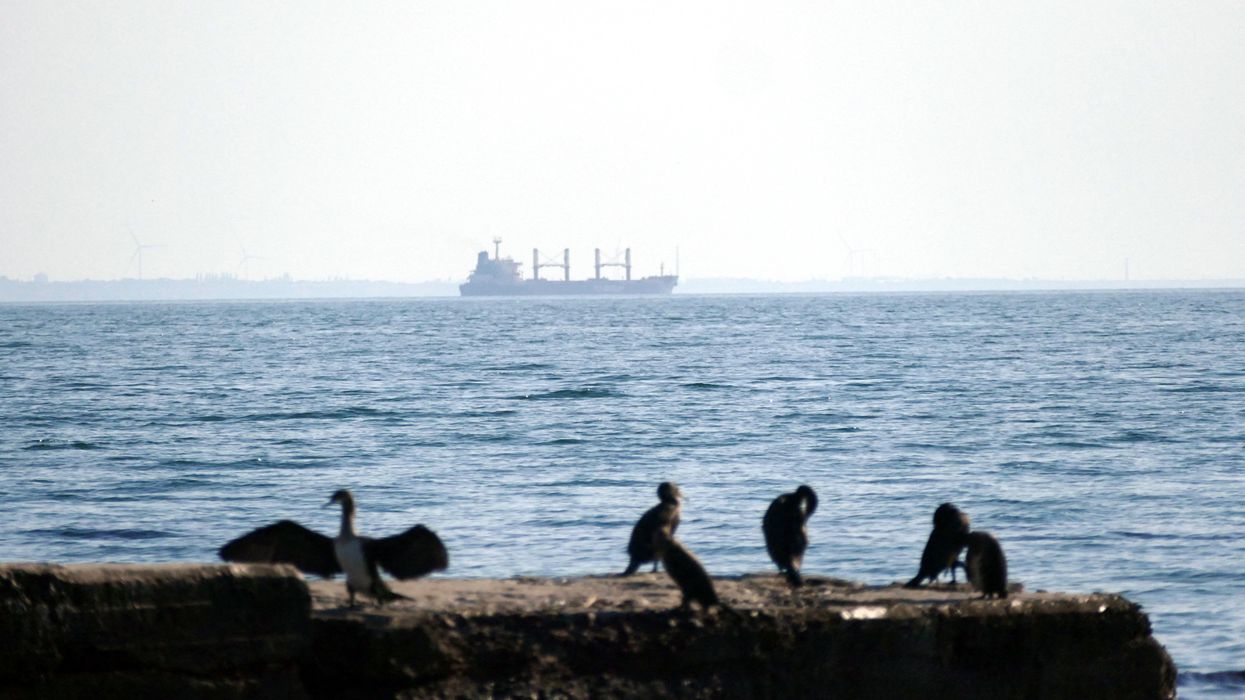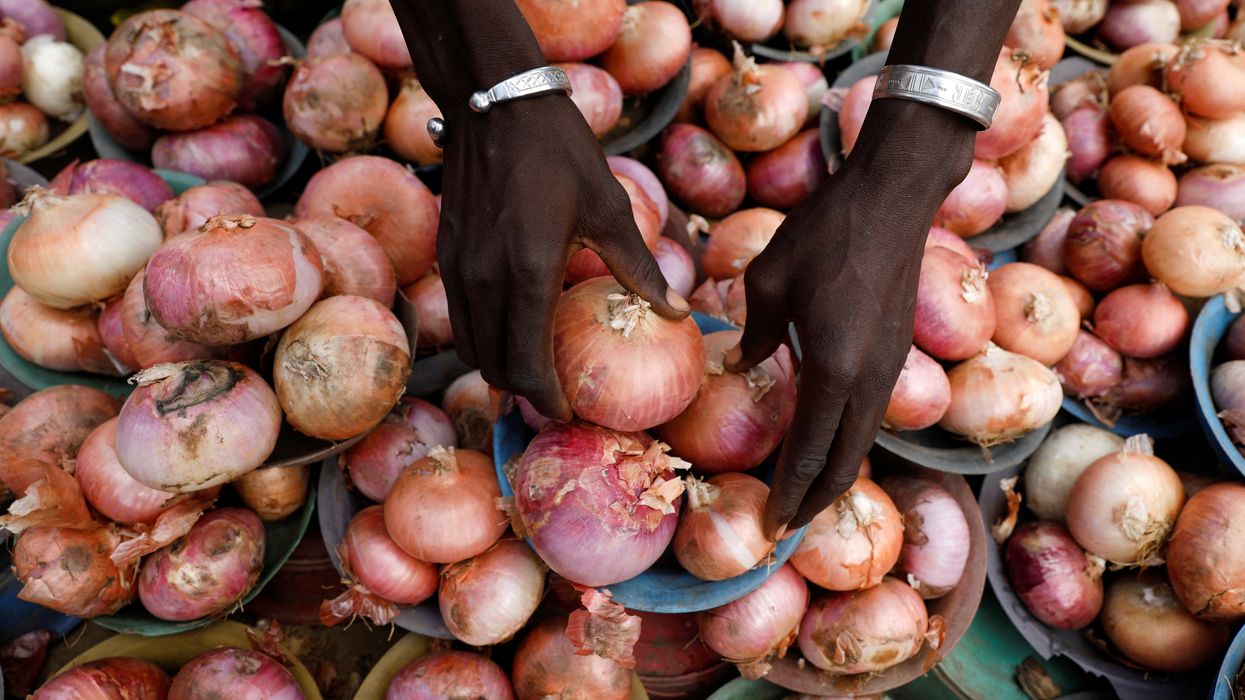UN General Assembly
How AI is tackling food security, disaster response and other global challenges
AI for Good is more than a buzzword—it's a powerful tool tackling global challenges like food security, disaster response, and water conservation. Microsoft’s Brad Smith highlights real-world examples, such as using AI to analyze water data in Kenya, offering actionable solutions for governments and communities. Through collaborations with universities and NGOs, AI is driving progress on the UN's Sustainable Development Goals, turning technology into a force for societal improvement.
Sep 29, 2024
